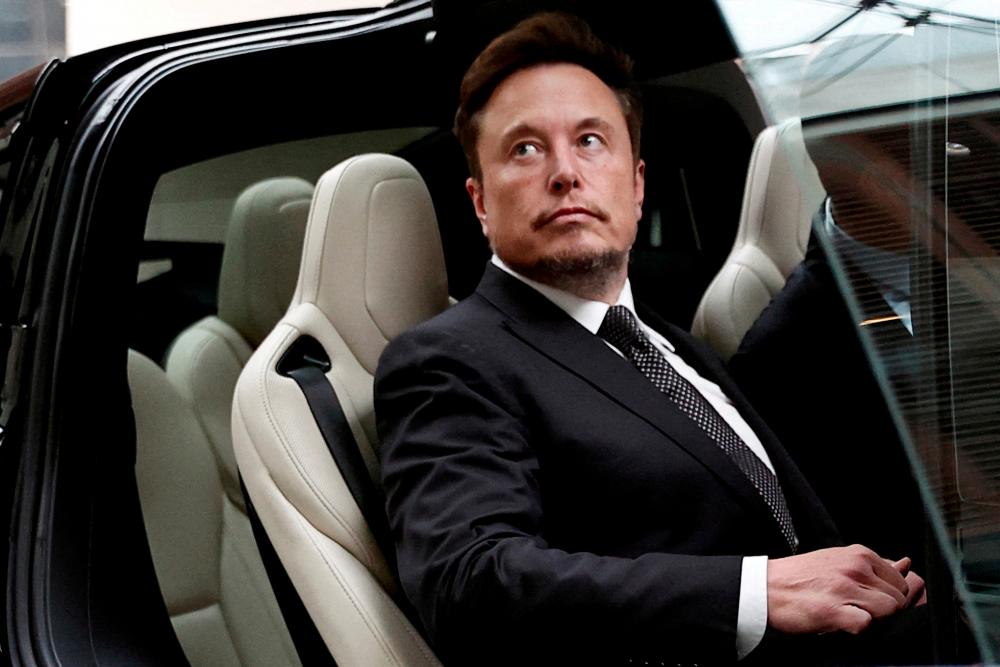Elon Musk, the visionary behind Tesla, engaged in high-level discussions with a prominent Chinese government official in Beijing over the weekend.
The timing coincided with the Beijing auto show, where Chinese car manufacturers are proudly displaying their latest electric vehicle innovations.
During the meeting, Chinese Premier Li Qiang expressed his desire for increased collaboration between the United States and China, emphasizing the importance of mutually beneficial partnerships.
He highlighted Tesla’s presence in China as a shining example of successful economic cooperation, as reported by China’s state broadcaster CCTV.

Musk’s visit comes amidst a backdrop of strained relations between the U.S. and China, making his presence a welcome sight for Chinese officials seeking to bolster economic ties. Premier Li’s remarks underscore China’s commitment to attracting foreign investment to stimulate its economy.
While it remains unclear whether Musk will attend the auto show, Chinese automakers have been making significant strides in the electric vehicle market, posing competition to Tesla, particularly in terms of pricing.
According to an earlier report by CCTV, Musk was invited by the China Council for the Promotion of International Trade and engaged in discussions with its president, Ren Hongbin, regarding potential areas of cooperation.
Tesla’s manufacturing hub in Shanghai serves as a cornerstone for its operations in China, catering to both domestic demand and exports to Europe and other regions. Recent price reductions on Tesla models in China mirror similar adjustments made in the U.S.

Meanwhile, the European Union has initiated an investigation into Chinese subsidies for the electric vehicle industry, potentially leading to tariffs on EVs manufactured in China, including those produced by Tesla.
Despite these challenges, China’s green energy subsidies have significantly transformed the automotive world, with electric vehicles accounting for a quarter of new car sales last year, signaling a shift away from traditional gasoline-powered vehicles.
In response to this evolving market, foreign automakers such as Volkswagen and Nissan are racing to develop new electric vehicle models to maintain or regain market share in China, which remains the world’s largest automobile market.
